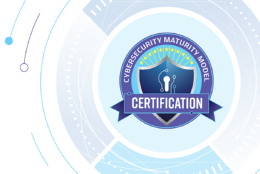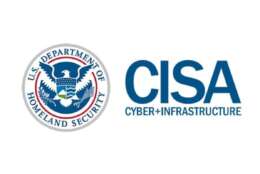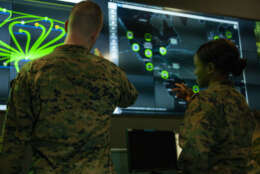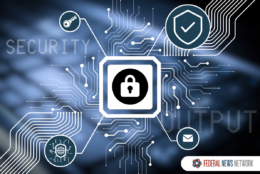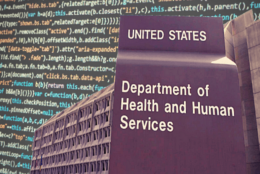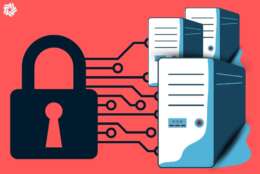Cybersecurity
-
Kentucky Republican Rand Paul is in line to take the gavel at HSGAC, the main committee for federal workforce, technology and procurement issues.
November 08, 2024 -
Gain insights into how identity management advancements are shaping Navy operations and security
November 08, 2024 -
Learn how AI is reshaping government operations and what lies ahead for its responsible adoption
November 08, 2024 -
The concept of a single network from soldiers' home stations to the tactical edge isn't new, but Army leaders say cultural changes are finally making it happen.
November 08, 2024 -
TSA's proposed cybersecurity regulation aims to ensure "higher-risk" pipelines and railways are defended from cyber attacks.
November 07, 2024 -
Explore strategies for digital transformation, patient-centered technology and strengthening cybersecurity in the health care sector.
November 06, 2024 -
Carraig Stanwyck, vice president and head of global cybersecurity and compliance at Avnet, explains why preparation for CMMC should start now.
November 06, 2024 -
CISA is still on the hook to define "systemically important entities" as it responds to critical infrastructure risks ranging from cyber attacks to hurricanes.
November 05, 2024 -
Reducing the complexity and cost of CUI security is essential to supporting small businesses crucial to defense innovation.
November 04, 2024 -
"With Low-code, no-code it's no different than your standard traditional coding. You still have the ability to scan the code, said Jerry Hingtgen.
November 04, 2024 -
In a new alert issued late yesterday, CISA said the adversaries are often posing as a trusted entity.
November 01, 2024 -
Public trust hinges on the resilience of critical infrastructure and government agencies against cyber threats.
November 01, 2024 -
Brian Mazanec, the deputy director of the Office of Preparedness in HHS’ ASPR, said they are implementing several initiatives under its year-old strategy.
October 31, 2024 -
Experts at Verizon and Ciena urge agencies to adopt post-quantum encryption and zero-trust to secure networks against emerging quantum threats.
October 31, 2024 -
A bipartisan task force of 40 cyber policy experts says enhancing ONCD is critical to strengthening “cross-government coordination.”
October 30, 2024







